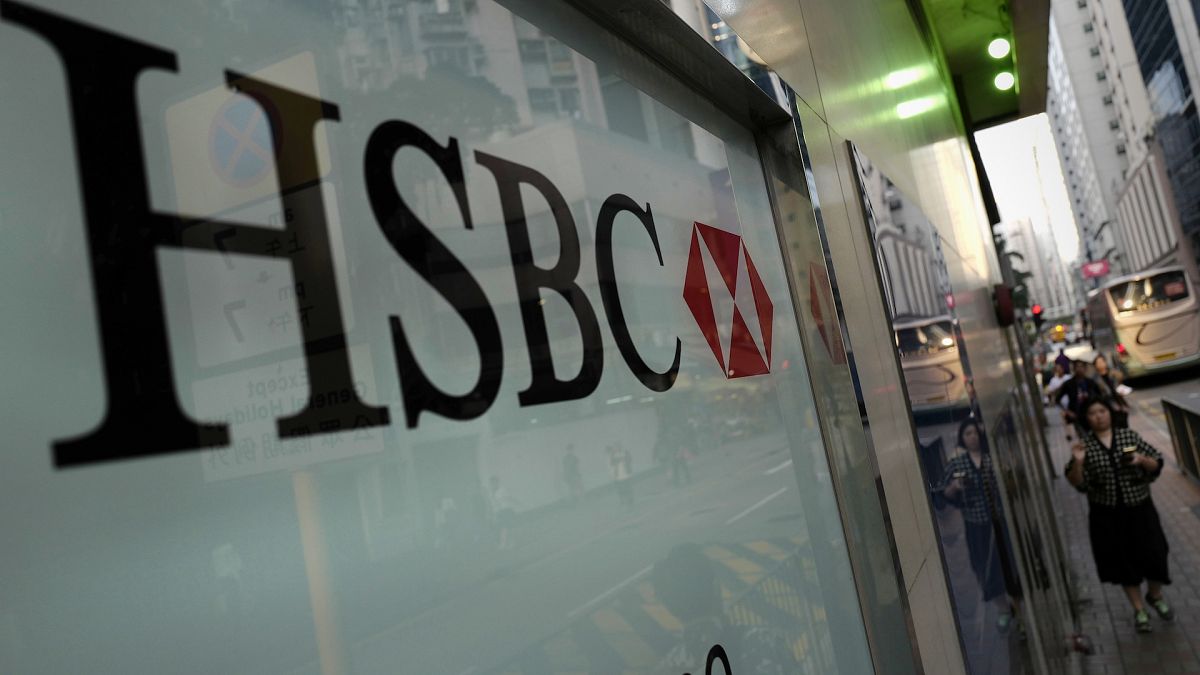The new unit would surpass the current wealth and personal banking division in size and would house more than 90,000 employees. However, the merger could lead to job cuts in areas where there are overlapping roles.
Europe's largest bank, HSBC, is considering merging two of its three major divisions -commercial banking and investment banking - as part of new CEO Georges Elhedery's cost-cutting measures, according to Bloomberg.
The creation of a super unit brought about by the merger of the two divisions is part of the banks efforts to strengthen its cost-cutting initiatives.
A super division
Under the proposal, the commercial banking division, which focuses on small to medium-sized enterprises and contributed 35% of overall revenue in 2023, will merge with the global banking and markets division.
The latter caters for large corporations with a focus on trading and investment banking, generating 24% of the bank's revenue. Another division, wealth and personal banking, contributes roughly 41% of total revenue.
This potential merger would create a new super division, expected to generate approximately $40bn (€36bn) in annual revenue, making it HSBC's largest department.
The new unit would surpass the current wealth and personal banking division in size and would house more than 90,000 employees. However, the merger could lead to job cuts in areas where there are overlapping roles, such as trade finance, payments solutions, credit, and lending.
Georges Elhedery, the Lebanese-born banker, became group chief executive in July and officially took charge on 2 September.
Previously serving as chief financial officer, Elhedery has prioritised cost-cutting, continuing the plan set by his predecessor, Noel Quinn, though Quinn was in disagreement with the proposal previously.
As part of this shift, Elhedery transferred Barry O'Byrne, the head of commercial banking, to lead the wealth and personal banking division as the first step in implementing the new strategy.
In recent years, HSBC has shifted its focus from Western markets, such as the US, France, and Canada, to more profitable regions in Asia, amidst growing geopolitical tensions.
Rising expenses in the second quarter weigh on performance
HSBC beat expectations in the second quarter earnings, thanks to a high-interest environment. However, the year-on-year pretax profit declined, partially due to rising expenses.
The European largest bank reported operating expenses of $8.1bn (€7.3bn), up 3% from a year ago, owing to higher technology costs and inflation impacts, as stated in its earnings report.
Amid trends of lower interest rates by major central banks in the second half of the year, the bank sees urgency to reduce costs, maintaining its profitability.
The bank has already started cost-cutting measures, including slow hiring and reducing travel and entertainment spending.
Challenges mount for global banks amid central bank rate cuts
Global lenders have reaped significant benefits from rising interest rates over the past two years. Banks were slow to pass on these higher rates to deposit accounts, while swiftly increasing borrowing rates, resulting in record-high net interest income.
However, major lenders have signalled that their profits have peaked, and lower interest rates are expected to put pressure on future income.
At the same time, investment banking has experienced a resurgence in revenue, driven by central banks' moves towards loosening liquidity.
The European Central Bank is set to announce its interest rate decision on Thursday, with widespread expectations of a second rate cut, following its move in June this year.
The Bank of England enacted its first rate cut since 2020 in August, while the Swiss National Bank, Bank of Canada, and Reserve Bank of New Zealand have also reduced their cash rates.
The US Federal Reserve is expected to follow suit with a rate cut this month, with further reductions anticipated before the year's end.















